Top 5 Most Common Commercial HVAC Equipment
Beyond the all-too-common heating and cooling machines in commercial buildings, there is an array of HVAC equipment that can be utilized to maximize the operation of a single building. Understanding these systems, their functions, and how they help buildings is the key to effective building management. Here are the top five commercial HVAC systems that are used in most modern day buildings:
Air Conditioning Units
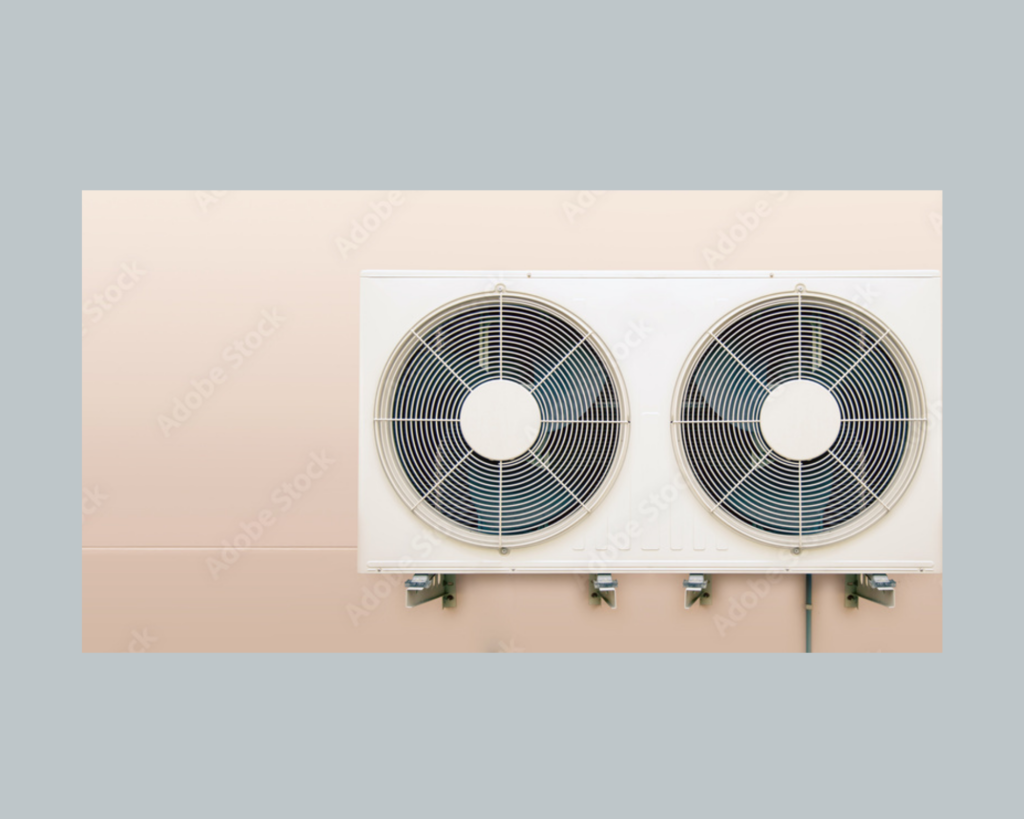
An air conditioning unit is an appliance that removes excess heat from an enclosed space by cooling it down to a comfortable temperature. Air conditioners use refrigerants to absorb heat from the air and then release cold air back into the room. The refrigerant can be either liquid or gas form depending on how you want to use your unit. Gas forms are usually used in commercial buildings because they can handle larger amounts of heat than their liquid counterparts due to their higher pressures at high temperatures.
Split Type HVAC Systems
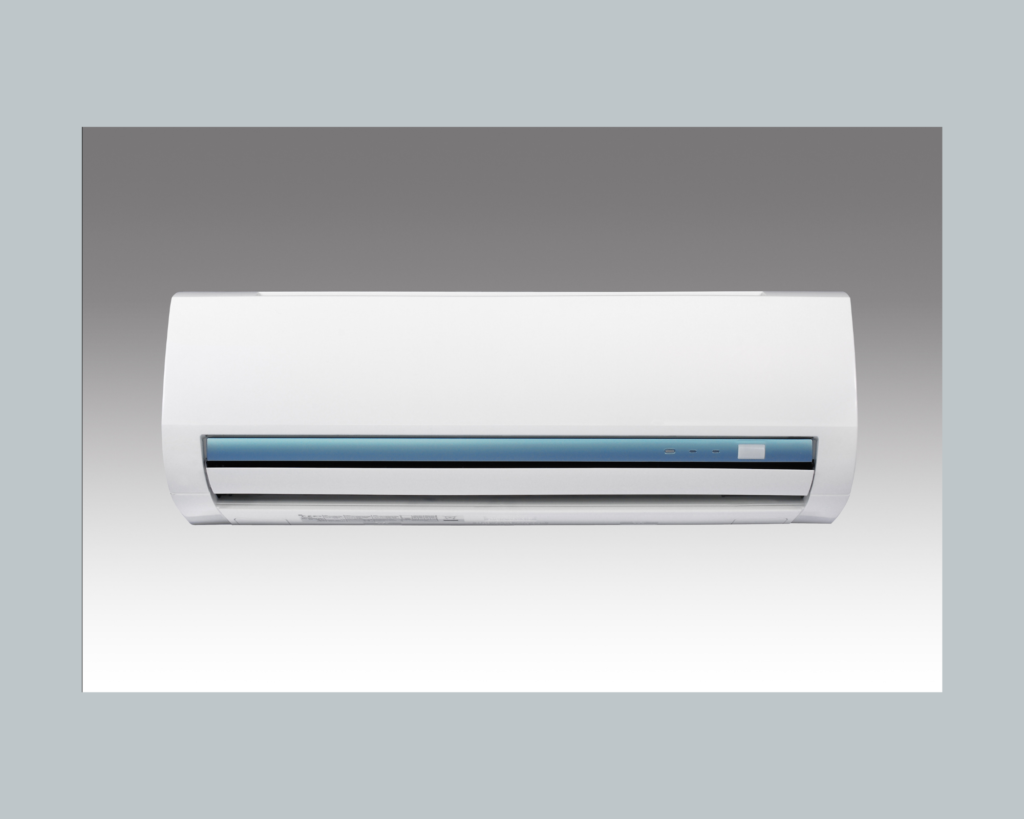
Split Systems are another type of HVAC equipment which are most commonly used in commercial buildings, but can also be found in residential applications. They are a combination of an outdoor condensing unit and an indoor air handler. The indoor air handler is located near the living spaces, and it can be either ducted or ductless. The outdoor condensing unit is usually located on the roof or in an attached structure and provides heat to the air inside the building.
Gas Furnaces
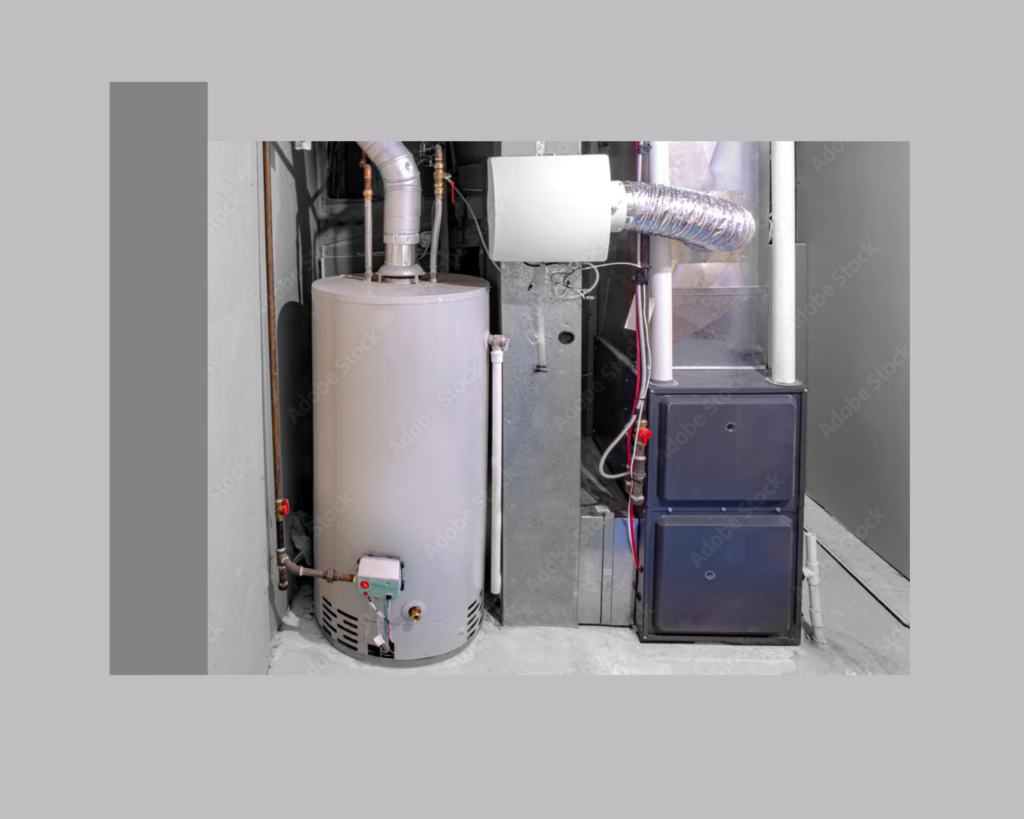
A gas furnace is a heating unit that heats up a room through combustion of natural gas or propane. The fuel is burned in an enclosed chamber, which produces hot and pressurized gasses that flow through pipes into the building where they heat up surrounding air. This process takes place at a constant rate because gas furnaces are thermostat controlled devices that are capable of detecting changes in temperature and adjusting accordingly so as to maintain a constant temperature inside the room.
Unit Heaters
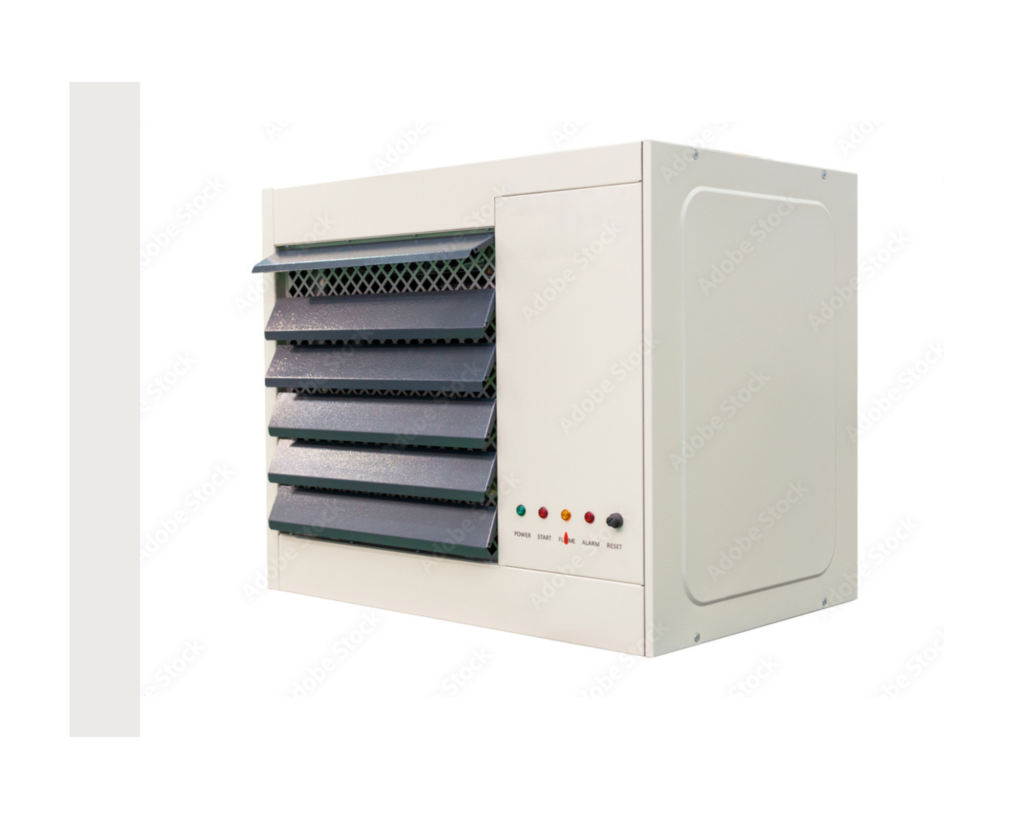
Unit heaters are one of the most common types of HVAC equipment used in commercial buildings. They are usually installed as part of a larger HVAC system and provide supplemental heat to a room or space when the primary heating source is not enough. The unit heater uses a gas or oil burner to produce heat which can be distributed by convection or forced air. The type of fuel used will determine how much energy the unit heater uses and how much CO2 it produces.
Rooftop Units
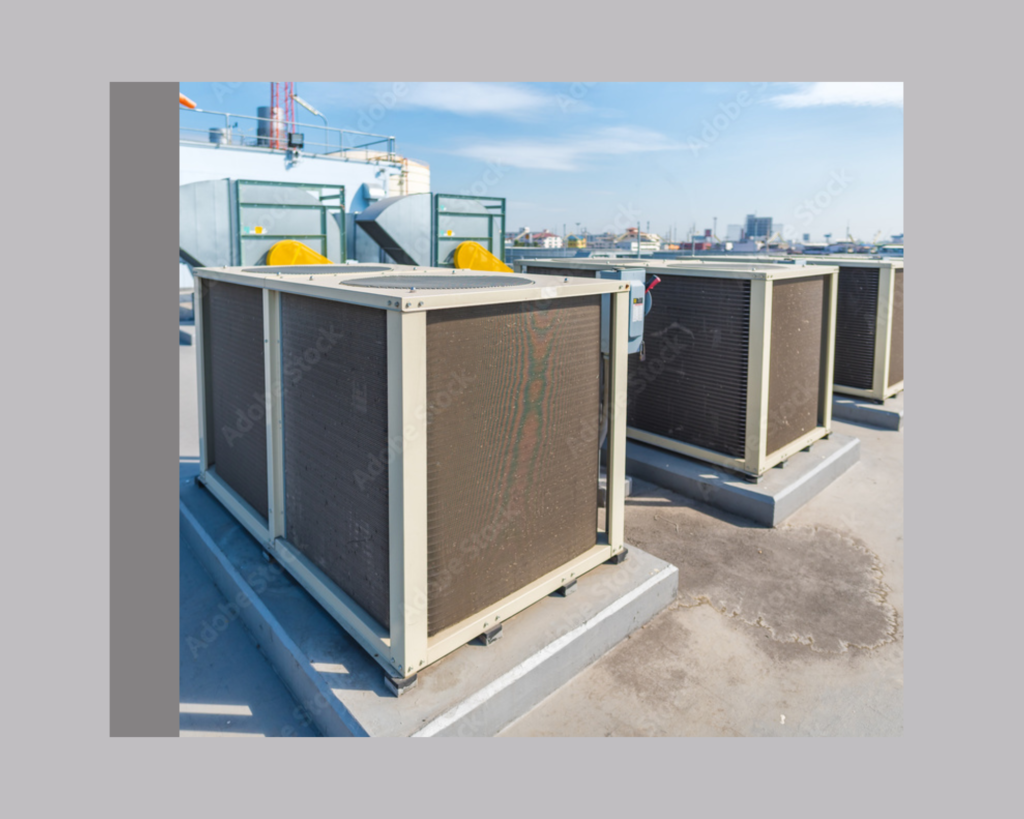
Rooftop units are a type of HVAC equipment that is installed on the roof of a building. They can be found in both commercial and residential buildings, although they are more common in commercial buildings. Rooftop units are often used to heat and cool large spaces, such as offices or warehouses. Rooftop units can be either air-cooled or water-cooled systems. Air-cooled systems have a condenser located inside an attic or outside on the roof of the building. Air from inside the building passes over these coils and is cooled before being returned to the space being conditioned. Water-cooled systems do not use air from inside the building; instead, they draw in fresh air from an outside source through their condensers. The water then flows through coils where it is cooled before being pumped back into the building through a pipe called an expansion coil or through an evaporative cooler.
Consult An HVAC Equipment Professional
The HVAC industry and commercial building market is huge. The various types of HVAC equipment are diverse, ranging from residential to commercial applications. However, this is not meant to be an all-encompassing list. These five pieces of HVAC equipment are listed because they are the most common commercial HVAC machines found in each type of building.
There are numerous HVAC machines that different commercial building owners need to be familiar with, in order to make the best decisions about their businesses. With so many options out there, it can be difficult to know where to start. Advanced Commercial can arm you with the information you need to make the best choices for your business. Not only do we know the different HVAC equipment, we also know how to keep your HVAC equipment functioning at its best from installation to repair and maintenance. Call us now!

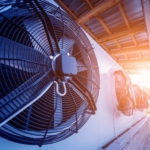
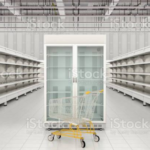
Leave a Reply